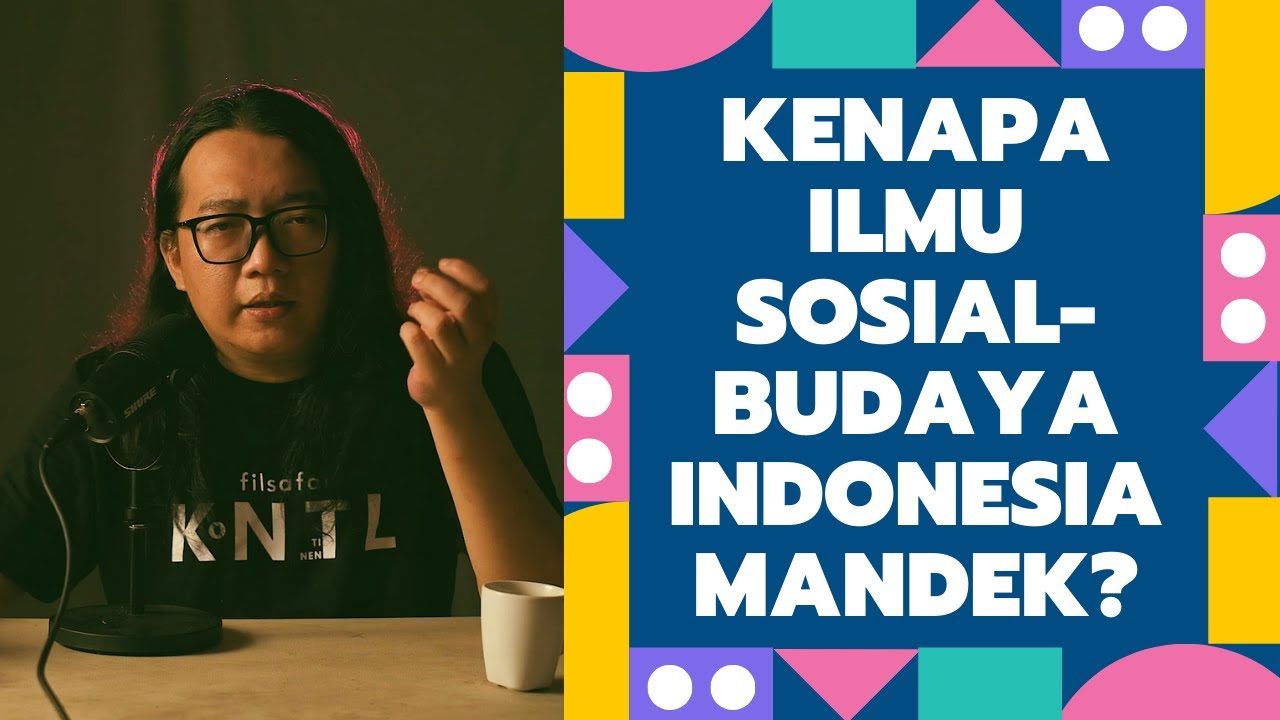What is an ‘economic hitman’? | Decoded
Summary
TLDRThe video script discusses the concept of 'economic hitmen,' who exploit developing countries by securing large loans for infrastructure projects that benefit multinational corporations rather than the nations themselves. These practices deepen countries' debts, exacerbate wealth inequality, and can lead to political instability. The script features interviews with experts like John Perkins, who detail the systemic issues and the devastating impact on the global south.
Takeaways
- 💼 Economic hitmen are professionals who deceive countries into taking on unsustainable debt for infrastructure projects they don't need, ultimately benefiting a small group of rich people in the global north.
- 🏦 These professionals work with bigger nations to exploit poorer countries, often using international financial institutions like the World Bank or IMF to provide loans.
- 💸 The money from these loans doesn't go to the countries themselves but is used to pay large corporations in the global north, which profit from building unnecessary infrastructure.
- 🌍 This practice has led to a wealth gap where the rich in these countries get richer while the poor get poorer, as funds are diverted from essential services like healthcare and education.
- 💹 The concept of economic hitmen is not new and has been a systemic problem that has persisted for decades, affecting many countries in the global south.
- 🔄 There is a cycle of debt and crisis management where institutions and individuals profit from the crises they help create, and then manage.
- 🔍 The IMF has acknowledged that some of its past prescriptions for indebted countries were destructive, but the underlying system that created these problems remains.
- 🏛️ Governments of countries that take these loans are often aware that they are putting their nations into deep debt, but they personally benefit from the deals.
- 🔪 There can be severe consequences for countries that don't comply with the terms of these loans, including coups and assassinations.
- 🌐 The global north benefits from these practices, maintaining economic dominance and wealth, while the global south struggles with debt and underdevelopment.
- 💡 The script suggests that a more equitable approach would be to support the growth of countries in the global south, but the current system perpetuates inequality.
Q & A
What are economic hitmen?
-Economic hitmen are professionals who deceive countries into taking on massive debts for infrastructure projects that they don't necessarily need, with the ultimate goal of benefiting a small group of rich people in the global north.
How do economic hitmen profit from putting countries into debt?
-Economic hitmen profit by arranging huge loans from institutions like the World Bank or IMF to countries for infrastructure projects. The funds from these loans go directly to corporations in the global north, which then profit from the construction and services related to these projects.
What is the impact of these debts on the countries involved?
-The impact of these debts often leads to the diversion of funds from essential services like healthcare, education, and social services to repay the loans, exacerbating poverty and inequality within these countries.
What role do international organizations like the IMF play in this process?
-International organizations like the IMF are often used as a tool to provide loans to countries, which are then used to fund infrastructure projects that benefit corporations in the global north, rather than the countries themselves.
Are there real-life examples of economic hitmen?
-Yes, John Perkins, the author of 'Confessions of an Economic Hitman,' is a real-life example of someone who worked as an economic hitman, revealing the systemic exploitation of poorer countries by richer nations.
How do economic hitmen ensure compliance from the countries they target?
-Economic hitmen may use various tactics, including the promise of personal wealth to leaders of the targeted countries, or the threat of political or economic instability through the involvement of entities like the CIA.
What are the long-term effects of these practices on the global economy?
-The long-term effects include a widening wealth gap between the global north and south, with rich countries becoming richer at the expense of poorer countries that are left with unsustainable debt.
Are there any consequences for the economic hitmen or the corporations involved?
-While there may be individual cases of punishment or whistleblowing, the systemic nature of the problem often means that the basic structures and practices continue without significant change.
How do these practices relate to colonial tactics?
-These practices can be seen as a modern form of colonialism, where richer nations exploit poorer ones for their resources and political influence, often leaving the targeted countries in a worse-off position.
What is the role of local elites in these transactions?
-Local elites often play a crucial role by agreeing to the deals, which can enrich them personally, and sometimes they become local agents for the corporations or institutions involved in the economic hitman schemes.
Is there any resistance or pushback against these practices?
-There have been instances of resistance, including political upheavals, coups, and assassinations in countries that have resisted these exploitative practices. Additionally, there are ongoing discussions and debates about the need for systemic changes to prevent such exploitation.
Outlines

This section is available to paid users only. Please upgrade to access this part.
Upgrade NowMindmap

This section is available to paid users only. Please upgrade to access this part.
Upgrade NowKeywords

This section is available to paid users only. Please upgrade to access this part.
Upgrade NowHighlights

This section is available to paid users only. Please upgrade to access this part.
Upgrade NowTranscripts

This section is available to paid users only. Please upgrade to access this part.
Upgrade Now5.0 / 5 (0 votes)





